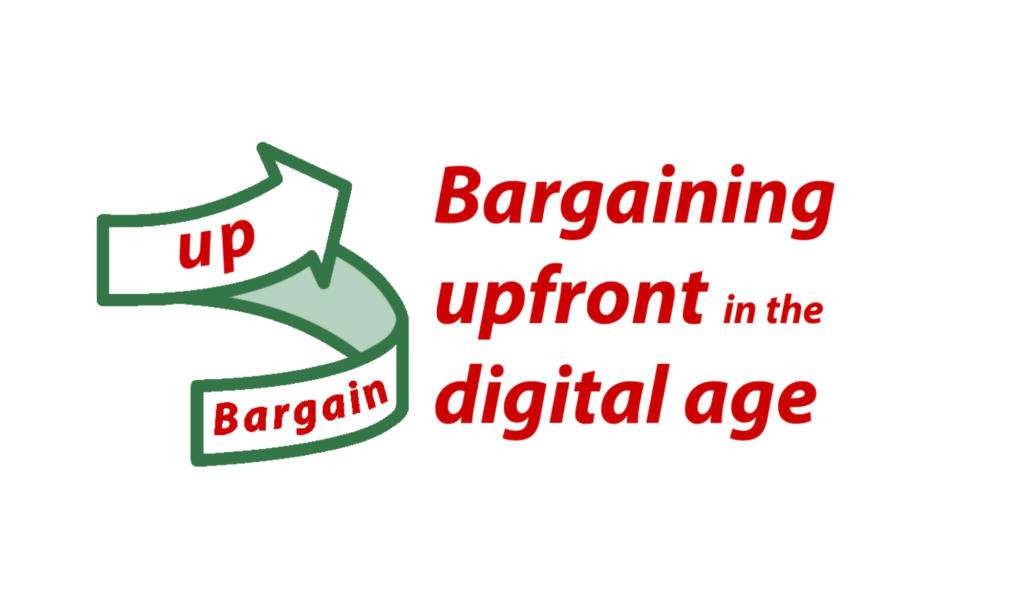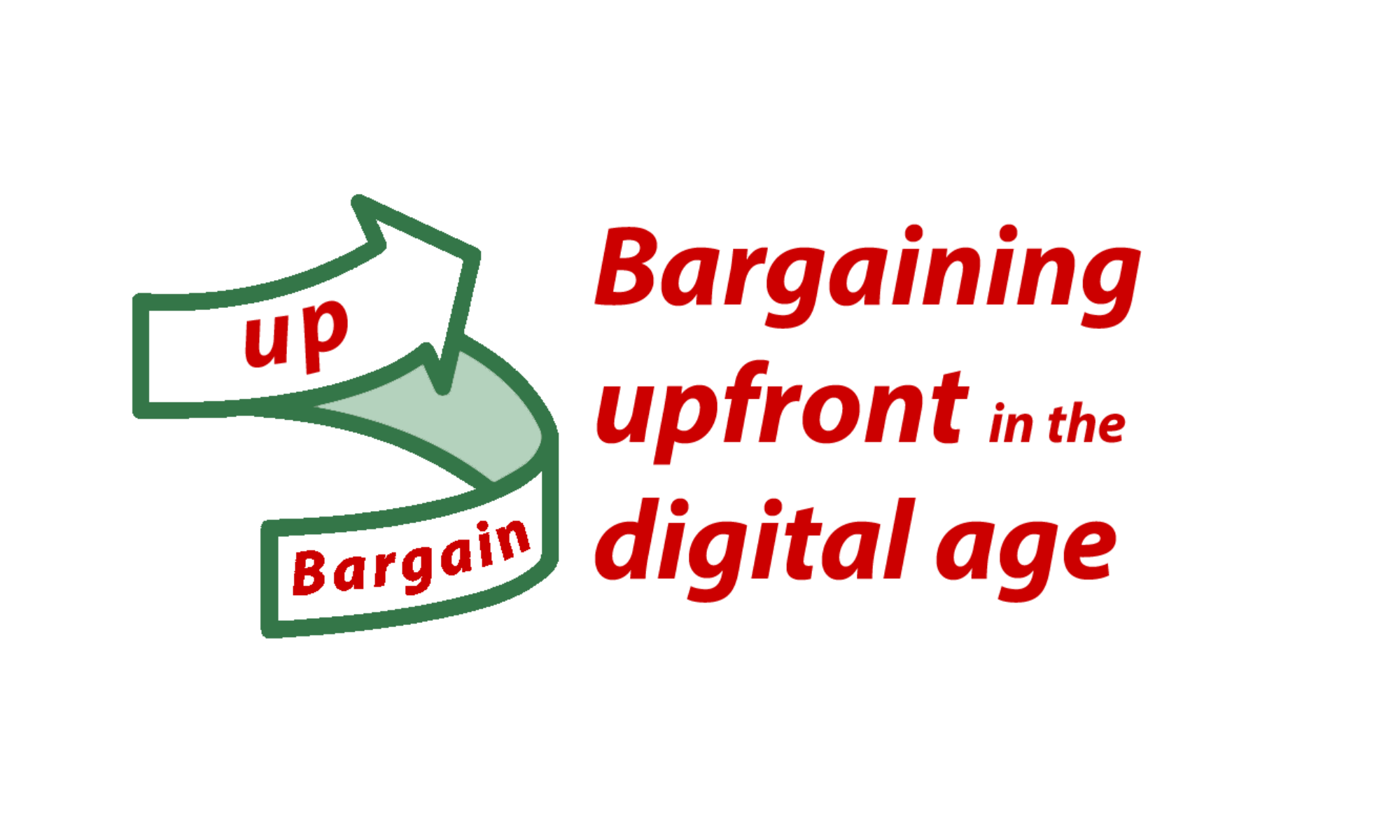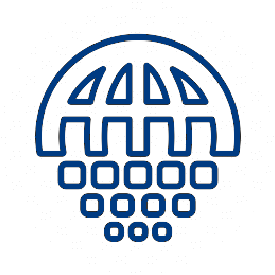The widespread adoption of Industry 4.0- related technologies has the potential to transform the location and organisation of manufacturing production throughout the world. For instance, internet of things will allow for a greater interconnection between firms, their suppliers and customers and also individual contractors (gig- and crowdworkers), with a reduction of traditional intermediaries, and probably involve better and less costly management of geographically-dispersed value chains. However, the overcoming of spatial barriers and the prospect of a planetary labour market do not cancel territorial inequalities and do not make geography irrelevant. The increasing availability and the lower cost of industrial robotic systems, associated with higher labour production costs in developing economies, could indeed result in the reshoring of many activities to the advanced economies.
To deal with this challenge, workers’ reps should adopt an international perspective, having in mind that the actions they perform at the local level can today have an immediate impact on other territories and workers. They should thus engage in a fruitful dialogue with foreign and international trade union organisations in

view of adopting a coordinated and multi-level approach. Finally, they could experiment with ways to enlarge their representation scope to include also the new and increasing forms of work.
Organising Digital Workers: the Experience of IG Metall
In 2015, IG Metall promoted the launch of the platform ‘FairCrowdWork’, intended to gather crowd-workers from all over the world and allow them to exchange their views and rate working conditions on on-line labour platforms. Some researchers prototyped the rating system. The platform is now jointly managed and financed by IG Metall, the Austrian Chamber of Labour (Arbeiterkammer), the Austrian Trade Union Federation (Österreichischer Gewerkschaftsbund – ÖGB) and the Swedish white-collar un- 19 ion, Unionen, in association with research and development partners. This project can be ascribed to a broader strategy of the German union, aimed at expanding its traditional representation scope through the inclusion of new forms of work. In 2016, indeed, IG Metall opened itself to selfemployed members and signed the Frankfurt Paper on Platform-Based Work, a joint statement of several societal players in Europe and North America calling for transnational multi-stakeholder cooperation to ensure fair working conditions in digital labour platforms. In 2017, the German union, along with 8 European crowdsourcing platforms and the German Crowdsourcing Association (Deutscher Crowdsourcing Verband), established an ombudsman office to settle disputes among crowd-workers, clients and platforms. This office is also intended to enforce the ‘Crowdsourcing Code of Conduct’ signed by the same 8 digital platforms.
Further information at http://faircrowd.work.
The ‘Protocol for Common Action’ between UGT-FICA and IG Metall
On 21 March 2014 the Spanish metalworkers’ organisations, CCOO de Industria and the former MCA-UGT (Metal, Construcción y Afines de UGT)
signed the ‘Protocol for Common Action’ with the German union IG
Metall. Given the importance of industrial sectors in both national economies and the everyday challenges they had to face, the German and
Spanish trade unions wanted to promote a better exchange of practices
and information, thus preparing the ground for the development of joint
courses of action. The signature of the protocol, hence, did usher in a
closer collaboration between the workers’ organisation, which continues
today even after the merger of MCA-UGT and FITAG-UGT (Federación de
Industria y Trabajadores Agrarios de UGT) and the establishment of UGTFICA (Federación de Industria, Construcción y Agro de UGT). The German
and Spanish trade unions regularly organise joint meetings and events,
that address current economic and political issues, such as energy transition, digital transformation and the rise of populist and nationalist movements, and their impact on industry and work. Joint statements of the
Spanish-German workgroup follow the meetings.

